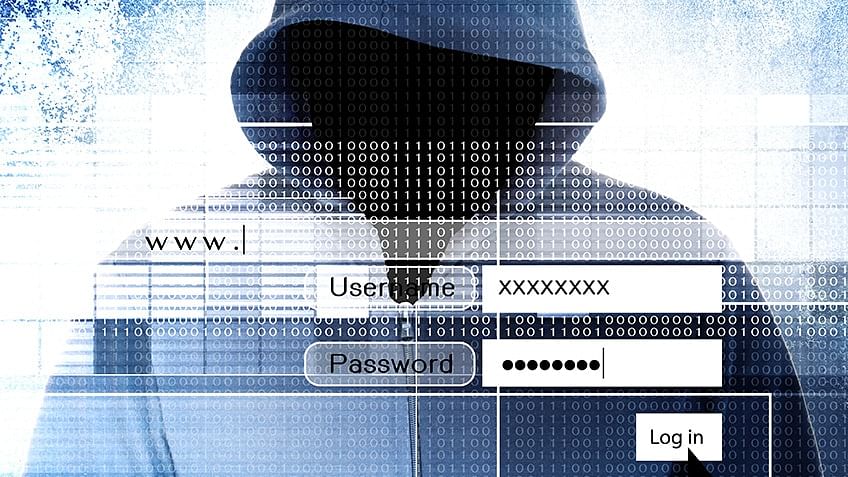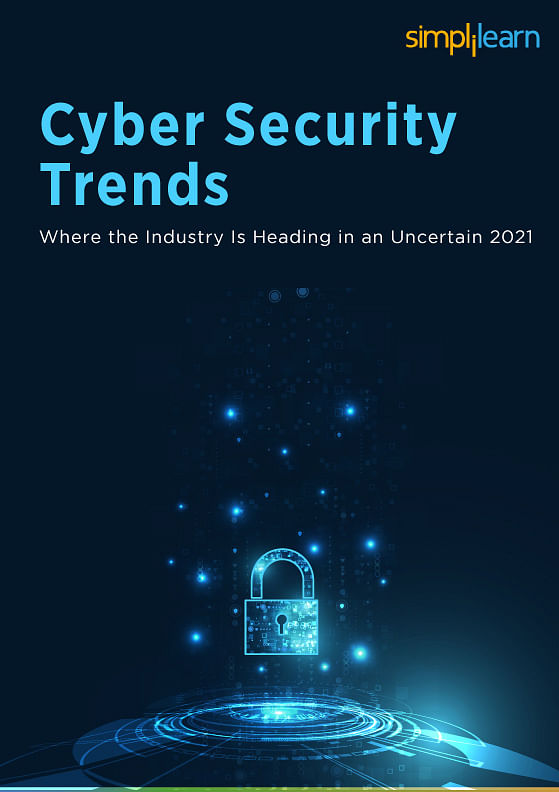HomeResources
Resources
Explore insights, tips, and articles written by experts in a range of professional domains.
 ArticleLast updated on Apr 22, 2025
ArticleLast updated on Apr 22, 2025Top AI and Machine Learning Programs for 2025
 ArticleLast updated on Jul 15, 2024
ArticleLast updated on Jul 15, 2024Is AI Hard to Learn?
 WebinarMay 20, 2025
WebinarMay 20, 2025An AI & ML Course Without the Fluff: Build Skills That Get You Hired
 WebinarMay 21, 2025
WebinarMay 21, 2025How to Score a 35+ out of 40 in Your ITIL 4 Foundation Exam: Tips and Strategies f…
Browse the categories
Data Science & Business Analytics(500)
View All
Dark Data: What It Is and How Businesses Should Address It

Learn Tableau: 10 Tips to Start

Free eBook: Top Programming Languages For A Data Scientist
AI & Machine Learning(457)
View All
The Role of AI in Identifying Deepfakes

Future of Artificial Intelligence: What Tomorrow Might Look Like

Artificial Intelligence Career Guide: A Comprehensive Playbook to Becoming an AI Expert
Project Management(490)
View All
Top 5 PMP Exam Books

10 Books To Help You Ace The PMP® Exam

An Introduction to Project Management: A Beginner’s Guide
Cyber Security(294)
View All
Here's Why Cybersecurity is Important to You

Best Cyber Security Books to Read

Cybersecurity Trends: Where the Industry Is Heading in an Uncertain 2024
Cloud Computing(328)
View All
What Is Database Management: Definition, Benefits, Use Cases, Skills and Career Trends

Azure Stack - A New Approach to Hybrid Computing

Azure Interview Guide
DevOps(132)
View All
7 Essential DevOps Books You Must Read to Become a DevOps Expert

DevOps Engineer Job Description: Skills, Roles and Responsibilities

Getting Started With AIOps
Business and Leadership(294)
View All
How Data-Driven Decision Making Enables Better Management

Program Preview Wrap-Up: PGP in Digital Transformation

Skilling for the Digital Economy: A Role-Based Approach
Quality Management(112)
View All
Lean Thinking: Overview, Origins, Basic Principles, Benefits, and Applications Explained

What Is Lean Management?

Free eBook: Top 25 Interview Questions and Answers: Quality Management
Software Development(1130)
View All
Top Five Crypto Books to Read in 2025

10 Best JavaScript Books for 2025

Blockchain Interview Guide
Agile and Scrum(123)
View All
2025 Trends to Look for in Business Agility

Agile vs Scrum: Know the Main Differences and Similarities

CSM Study Guide: Master Scrum in 48 Hours
IT Service and Architecture(123)
View All![Service Desk Analyst Salary In India Breakdown [2025] Service Desk Analyst Salary In India Breakdown [2025]](https://www.simplilearn.com/ice9/free_resources_article_thumb/service_deskanalystsalary.jpg)
Service Desk Analyst Salary In India Breakdown [2025]

A Guide to IT Salary in India

Role of an Enterprise Architect
Digital Marketing(678)
View All
Why Digital Marketing is Critical to Your Organization

What Are Google Discovery Ads?

SEO for Video
Big Data(143)
View All
What Is Data Processing

Top Data Engineering Tools 2025: Unleash Your Potential

Big Data Career Guide: A Comprehensive Playbook to Becoming a Big Data Engineer
Career Fast-track(194)
View All
Webinar Wrap-Up: Is an MBA Enough to Be a Business Leader Today?

Top Software Design Predictions for 2019

The State of Upskilling in 2023
- Acknowledgement
- PMP, PMI, PMBOK, CAPM, PgMP, PfMP, ACP, PBA, RMP, SP, OPM3 and the PMI ATP seal are the registered marks of the Project Management Institute, Inc.








